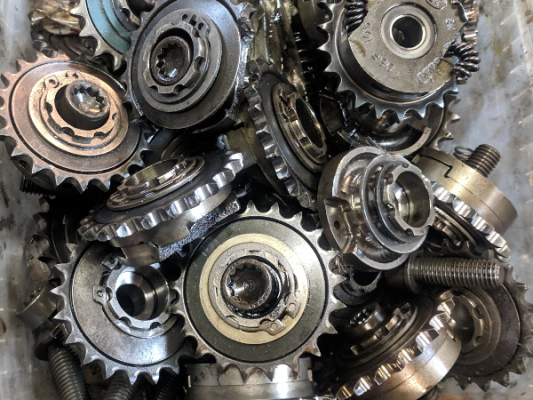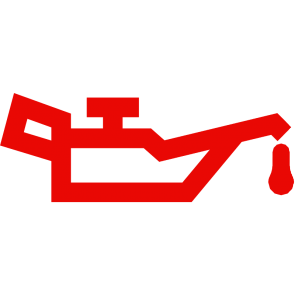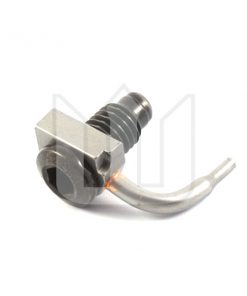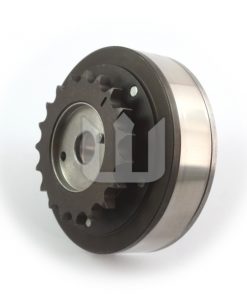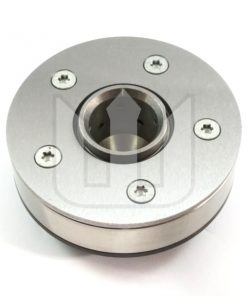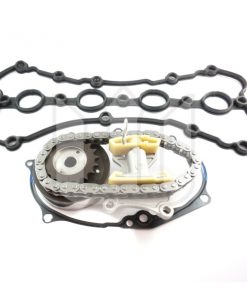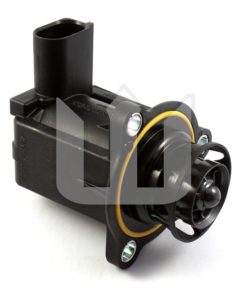Common Engine Issues 2.0T FSI EA113
In this list, you will find the most common engine issues found in the 2.0T FSI engine from Volkswagen, Audi, Skoda and Seat. (Also KTM X-Bow)
Oil pressure & consumption
This will more often than not be associated with the balance shaft sprocket. You can read more about the issue and the solutions in the blog post below.
This issue can be caused by many different components being worn or defective, the most common of them being the regulating system within the oil pump assembly itself. We have developed a solution to fix and prevent this issue. You can read more about the fault and solution in the blog post below.
We are also currently writing a troubleshooting guide for all oil pressure related issues, which can also be found below. Please keep in mind it is still being updated and therefore not complete yet.
Oil consumption issues can be hard to track down. Often it has to do with things like worn piston rings or valve stem seals. In the EA113 engine however there is another factor to take into account. The piston cooling jets are of poor design and could be opening too early. This would cause oil passing the piston rings at idle, due to the absence of turbo pressure.
We do offer a different type of piston cooling jets and piston rings in our shop to overcome these problems.
Vibrations & rough idle
This would be a typical indicator of balance shaft sprocket being about to fail. It is likely already cracked. When the internal damping springs loose their stiffness the sprocket will start slipping on the shaft. Once it reaches a certain point, the function of the balance shafts will be reversed and actually accentuating the vibrations of the engine. Eventually it will have made a full revolution on the shaft, reaching its original postion and the vibrations will go away again. You can read more about this issue in the blog post below.
Erratic vibrations are often caused by missfires, due to faulty injectors, ignition coils or camshaft adjusters. Start by checking the fault memory to see if there are any codes indicating a specific cylinder. This should help you track the issue a bit easier by swaping out the coils and plugs between cylinders. If the same cylinder is indicated to have missfires, you move on to the injectors.
Noise & rattling
When a ticking noise is heard, coming from the back of the engine, chances are that your camshaft adjuster needs replacement. In our experience this noise can be heard very clearly for about one second right after you turn the engine off.
This issue should not be ignored because it could start a chain of events causing valve damage.
A component that is prone to fail is the turbo diverter valve, also called DV or electrinc blow-off valve. The old model uses a diaphragm which is prone to tear causing turbo boost leaks. other symptoms to this issue could be loss of power, or possibly a fault code like P0299 (Boost Pressure Regulation: Control Range Not Reached) and P0033 (Turbocharger Bypass Valve Control Circuit: Malfunction / Open Circuit).
We provide the new revision of the part, where the diaphragm has been replaced by a piston solution to resolve the issue.


